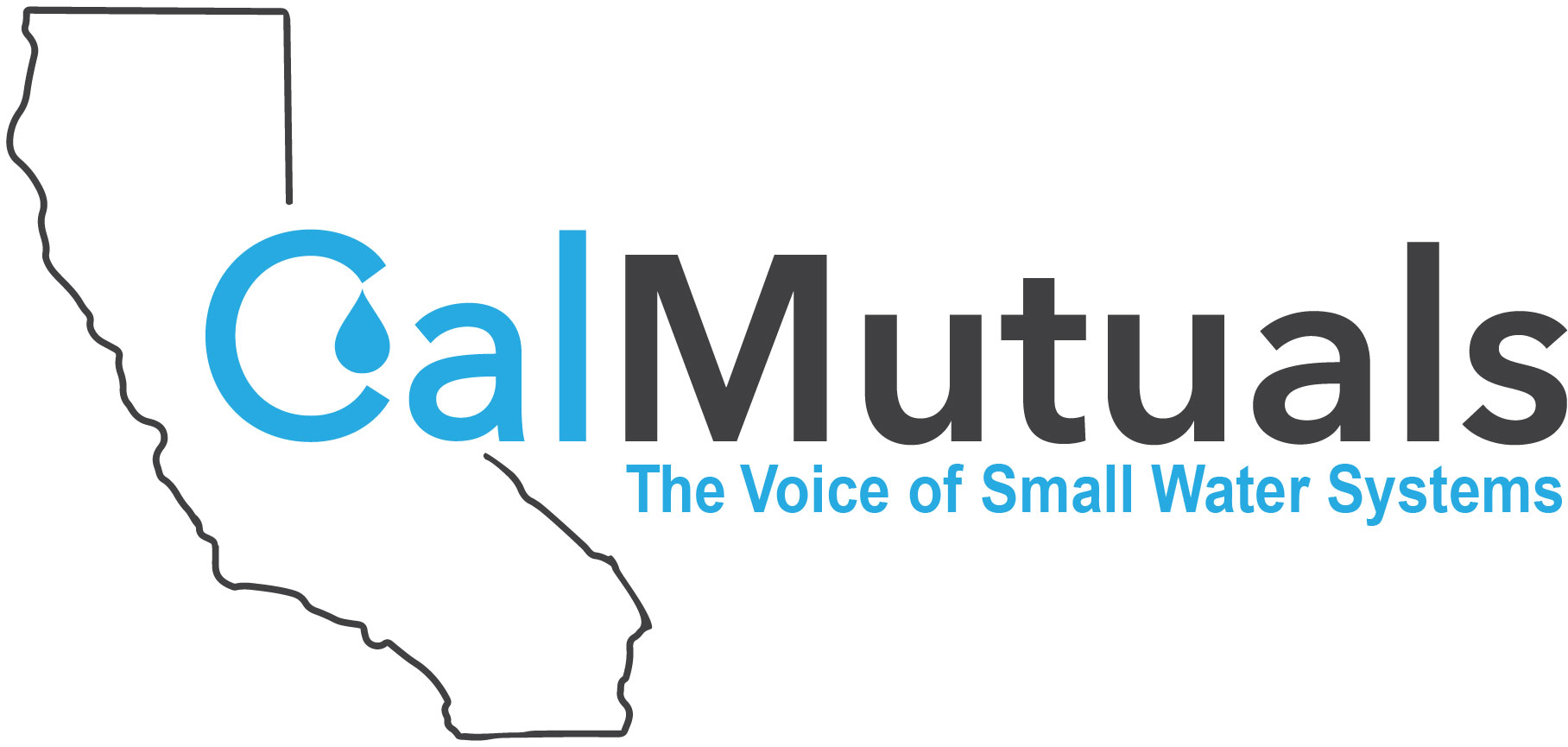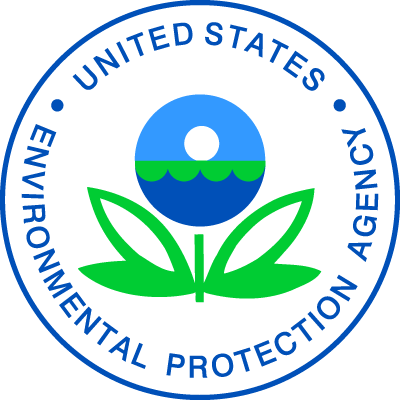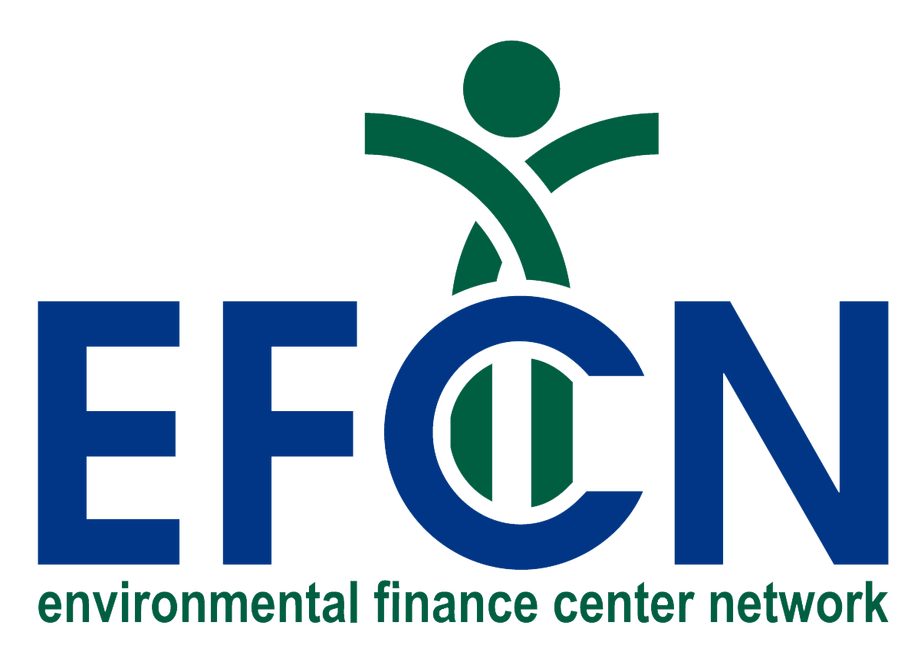Webinar: EPA: Small Systems Monthly Series: Low-cost solar powered control systems in non-PRASA drinking water treatment systems
Webinar OnlyThere are 242 small communities in remote and rugged locations not connected to Puerto Rico Aqueduct and Sewer Authority (PRASA) for their drinking water. This research seeks to develop, install, evaluate, and monitor affordable and sustainable treatment technologies to support non-PRASA systems achieving regulatory compliance. Over the past 14 years, substantial improvements have been made and EPA’s most recent upgrades from May 2021 are showcased in this presentation. Presented by Daniel Williams and Page Jordan, EPA's Office of Research and Development About the Presenters: Daniel Williams is a Physical Scientist with EPA’s Office of Research and Development, Center for Environmental Solutions and Emergency Response. He has a B.S. in environmental science from University of Cincinnati in Ohio. Since joining EPA in 2001, his research has focused on the development of pilot design, fabrication and installation. Daniel has been awarded a patent for his Portable Evaluation Pilot Skid (PEPS). Page Jordan is a Physical Scientist with EPA’s Office of Research and Development, Center for Environmental Solutions and Emergency Response. She received her B.S. and M.S. in environmental science from Miami University in Ohio. Her research focuses on chemical and microbial contamination in drinking and storm waters. Who Should Attend? State primacy […]


